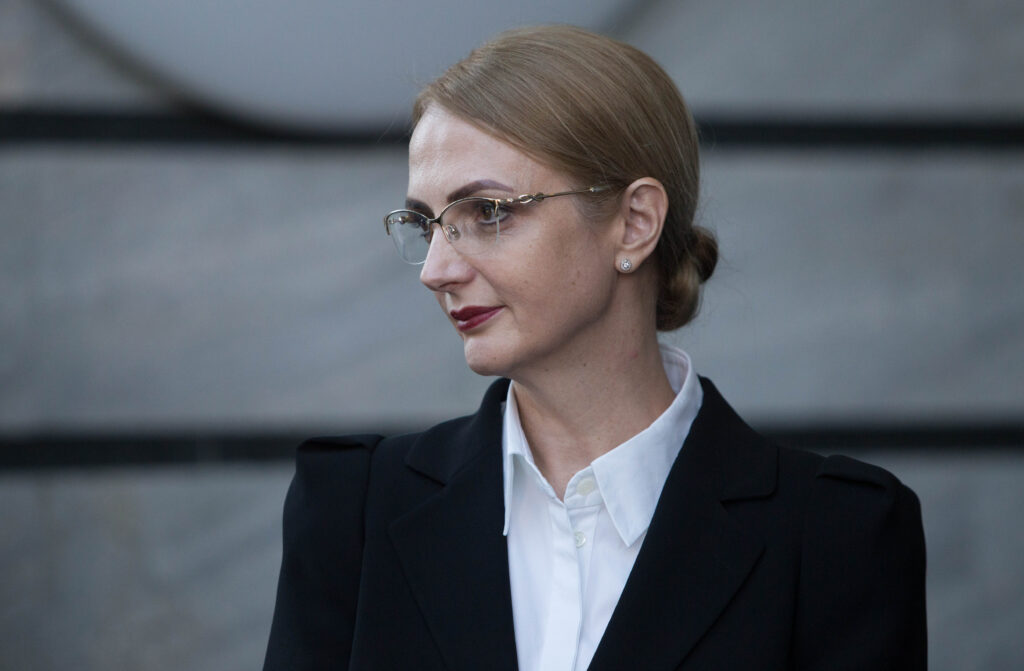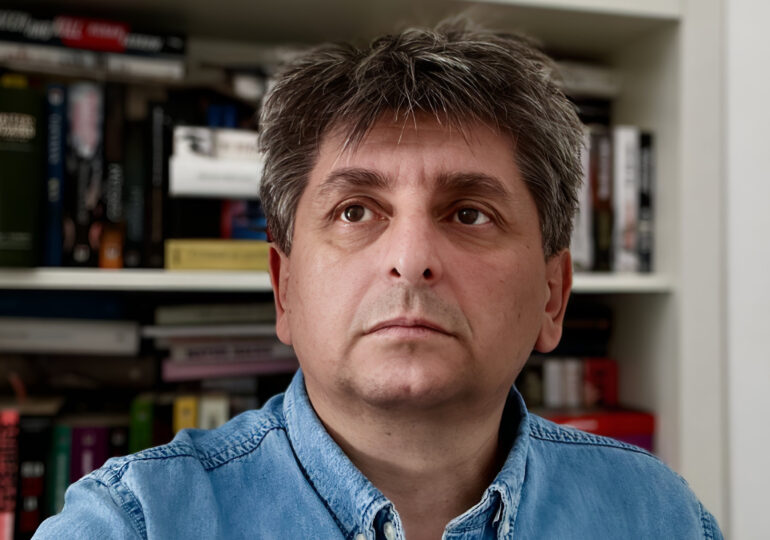As expected, prosecutors and judges have entered a masked general strike, in the conditions where the law forbids the interruption of activities in sensitive areas, the reason being the dispute with the Government on the topic of special pension reform.
Although there is a general public hostility regarding the privileges that, over time and with the blessing of political leaders, magistrates have attributed to themselves through an illegal scheme of self-interest adjudication, judges and prosecutors seem determined to plunge Romania into crisis to maintain a rapid retirement system with a pension higher than their salary.
The interruption of activities has been encouraged by the bellicose statements of the CSM representatives, as well as by some judges and prosecutors from higher courts in the country.
- Presidents of the Courts of Appeal criticize an aggressive campaign against judges: Pension reform is already finalized
- Tribunal chiefs seek dialogue on special pensions: We want to be understood, not blamed
- Wave of appeals from the system after Bolojan announced the reform of magistrates' pensions. Today - messages from the heads of courts and lawyers
Paradoxically, this conflict between magistrates and citizens cannot be resolved in court because the judges called to make a decision will be tempted to defend their interests.
On the other hand, another concession by political leaders in the face of this show of force and blackmail would result in a power shift in society, with Romania becoming a state led by a professional caste whose representatives are not elected but have legal and political decision-making power.
Corruption breeds monsters
“Justice is served in the name of the law,” as stated in Article 124 of the Romanian Constitution.
“Parliament adopts constitutional laws, organic laws, and ordinary laws,” as stated in Article 73 of the Romanian Constitution.
By combining these two provisions from the fundamental law, it is undoubtedly clear that the justice system is subordinate to the political system.
In addition to the social crisis, the masked strike of the magistrates also triggers a constitutional crisis. For almost a decade, there has been a greater or lesser conflict between the political system and the legal system regarding special pensions.
Former President of Romania, as well as the governments that have succeeded in power in recent years, have tried to influence magistrates, pursuing political interests, offering privileges in return to both them and the Constitutional Court judges, who ultimately blocked any initiative to reform the special pension system.
The original sin of the current situation comes from the political system, one that has used Justice to protect those in power. Once caught in this spiral, it was only a matter of time until a major social tension arose, with the majority of citizens deeply dissatisfied with the huge difference between contributory and special pensions.
At this moment, it is very difficult for both sides to justify the immense gap.
CSM Ultimatum
There is an open conflict between Lia Savonea, the President of the High Court of Cassation and Justice, and Nicușor Dan. Immediately after arriving at the Victoria Palace, the latter showed clear signs that he disagreed with the accelerated, borderline legal procedure through which the judge was validated as the head of the country's supreme court.

The President's arrival at the Government headquarters, where the coalition leaders were discussing the second package of measures to reduce the deficit, was also related to the serious situation created by the magistrates' strike.
“… during the general assemblies of the judges at the level of the courts of appeal, all 16 courts of appeal requested the other two powers of the state the urgent withdrawal of the draft law on the reform of magistrates' service pensions and the cessation of the aggressive campaign against the judicial authority, which seriously affects the rule of law, the rights and freedoms of citizens that can be effectively guaranteed only by an independent judiciary,” stated the communication of the Superior Council of Magistracy.
The ultimative tone of the communication and the repeated reference to an alleged campaign against the judicial authority, a claim that is not substantiated in any way, indicate that we are facing a strong attack on constitutional order, one that only Parliament and the Constitutional Court can reject in order to restore the balance between the powers of the state.
Stelian Ion, USR, former Minister of Justice
It would have been extraordinary if the majority of those in the CSM were concerned about the fact that criminal cases are being prescribed on a conveyor belt, that some judges make controversial decisions, that some prosecutors sleep on cases, that the phenomenon of corruption in justice is no longer investigated and sanctioned, and that there is a profound sense of injustice in this country…
Although the magistrates' representatives claim to be victims of a conspiracy, rarely since 1990 has there been such a widely spread unity of opinion in society regarding the need to reform the special pension system.
Magistrates Without Public Support
No political leader, regardless of party affiliation, whether in government or in opposition, can now avoid the pressure coming from citizens to resolve the huge inequalities in the public pension system.
So far, Prime Minister Ilie Bolojan, President Nicușor Dan, as well as Sorin Grindeanu, the interim leader of the PSD, have shown much more wisdom than the magistrates in addressing this conflict. They have not added fuel to the fire, made measured statements and compromises, specifically regarding the extension of transitional measures, while the magistrates' representatives have adopted an aggressive, threatening, and superior attitude, further irritating public opinion.

Effectively, in this conflict, due to their hostile positioning, judges and prosecutors have no support among citizens, and for this, it is enough to follow the negative reactions on social media coming from individuals with diverse political opinions and beliefs.
The crisis generated by the magistrates' protest can only be resolved if the President and coalition leaders stand together. With the support of a broad parliamentary majority, they are pressured by the general public to impose the reform of special pensions.

